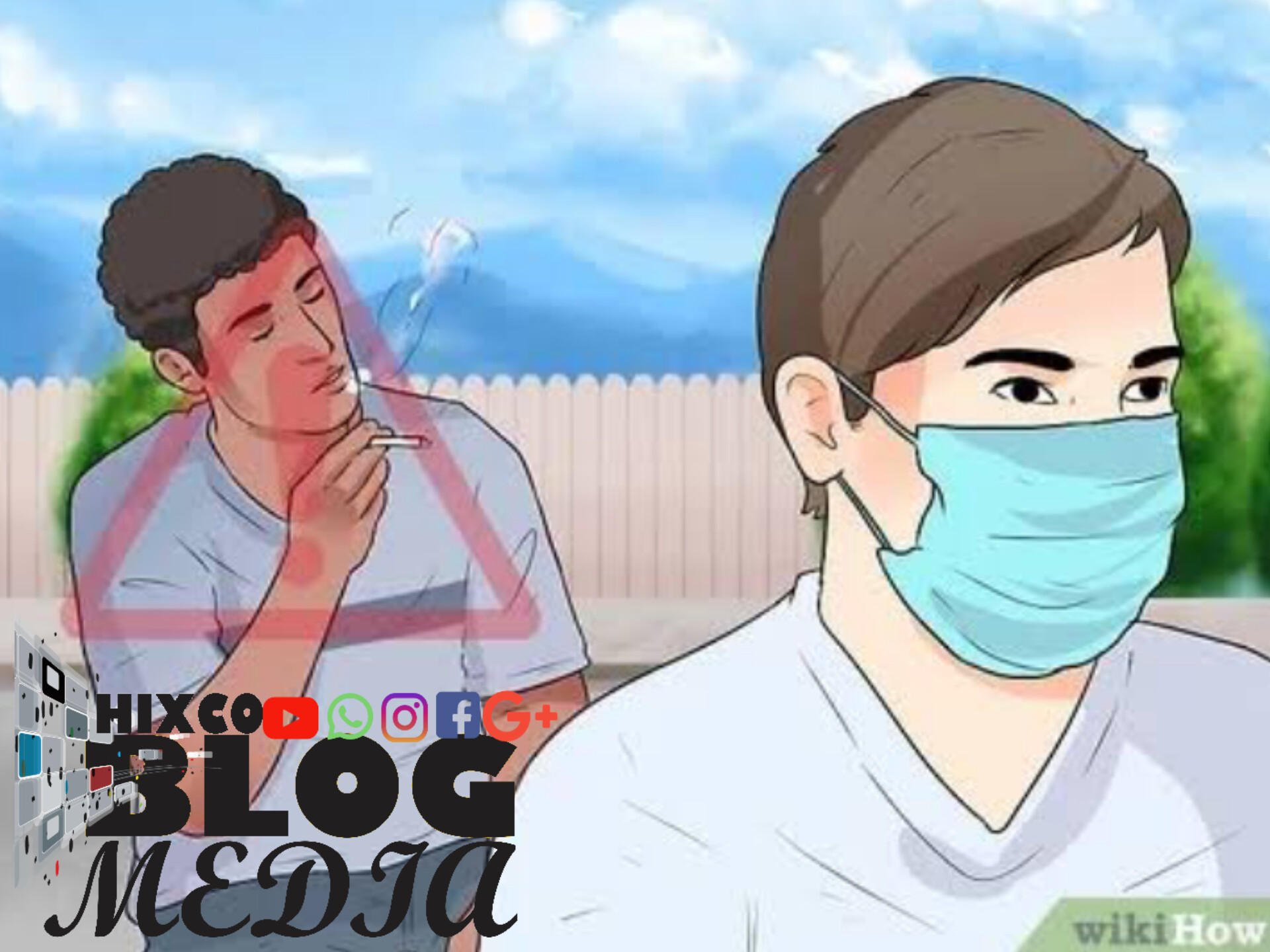- Get link
- X
- Other Apps
JUST IN
- Get link
- X
- Other Apps

A dry throat is often due to a head cold, dehydration, or sleeping with your mouth open. There are effective home treatments, but consider seeing a doctor if symptoms last longer than one week.
Is this cause for concern?
A dry, scratchy throat is a common symptom — especially during the cold winter months when the air is dry and upper respiratory infections are spreading. Usually, a dry throat is a sign of something minor, like dryness in the air or a head cold.
Looking at your other symptoms can help you figure out the cause of your dry throat, and know whether to call your doctor. Keep reading to learn more.
1. Dehydration
The dryness in your throat may simply be a sign that you haven’t had enough to drink. When you’re dehydrated, your body doesn’t produce as much of the saliva that normally moistens your mouth and throat.
Dehydration can also cause:
- dry mouth
- increased thirst
- darker urine, and less urine than usual
- fatigue
- dizziness
Drink extra fluids during the day. Recommendations on how much to drink vary, but a good average is 15.5 cups of fluid for men and 11.5 cups for women.
One study found that adults get between 27–36% of fluid from fruits, vegetables, and other foods. The water content of foods is highly variable, and many factors influence daily food selection.
Make sure you’re drinking fluids that hydrate, such as water or sports drinks. You should avoid caffeinated sodas and coffee, which can cause your body to lose more water.
2. Sleeping with your mouth open
If you wake up every morning with a dry mouth, the problem might be that you sleep with your mouth open. The air dries up the saliva that normally keeps your mouth and throat moist.
Mouth breathing can also cause:
- bad breath
- snoring
- daytime fatigue
- Snoring could be a sign of obstructive sleep apnea, a condition in which your breathing repeatedly pauses throughout the night.
3. fever or allergies
Hay fever, also called seasonal allergies, is caused by an immune system overreaction to normally harmless substances in your environment.
Common allergy triggers include:
grass
pollen
pet dander
mold
dust mites
When your immune system senses one of your triggers, it releases chemicals called histamines.
Treatment options
Antiviral drugs can reduce flu symptoms and shorten the amount of time you’re sick. But you have to start taking these medicines within 48 hours of when your symptoms start for them to work.
While you’re sick, try these methods to relieve your sore throat and other symptoms:
- Rest until your symptoms improve.
- Suck on a throat lozenge.
- Gargle with a mixture of warm water and 1/2 teaspoon of salt.
- Take an over-the-counter pain reliever like ibuprofen (Advil) or acetaminophen (Tylenol) to lower your fever and ease body aches.
- Drink warm fluids, such as tea and broth.

Comments
Post a Comment
Let know your comments